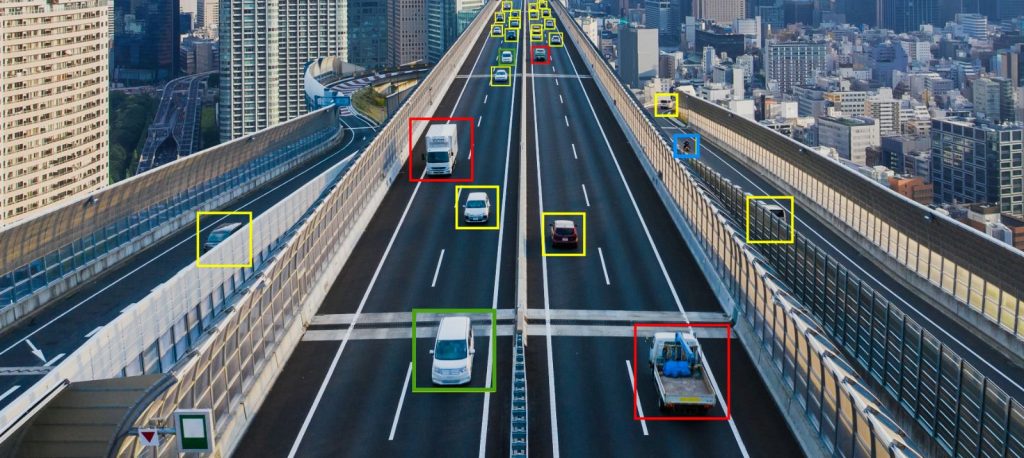
The advent of Artificial Intelligence (AI) has revolutionized various sectors, and transportation is no exception. AI in transportation is a rapidly evolving field, with potential to reshape the industry. This article explores the advantages of AI transportation, highlighting how it is transforming the way we travel, enhancing efficiency, safety, and sustainability.
Advantages of AI in Transportation
- Enhanced Safety
AI technology can significantly improve safety in transportation. Autonomous vehicles, powered by AI, are designed to reduce human error, which is a leading cause of accidents. AI systems can analyze vast amounts of data from various sensors in real-time, enabling them to react faster than humans in critical situations. Moreover, AI can predict potential hazards and take preventive measures, further enhancing safety.
- Increased Efficiency
AI can optimize routes and manage traffic in real-time, reducing travel time and fuel consumption. AI algorithms can analyze traffic patterns, weather conditions, and other factors to suggest the most efficient routes. Furthermore, AI can facilitate predictive maintenance in vehicles, identifying potential issues before they become serious problems, thus reducing downtime and increasing operational efficiency.
- Improved Accessibility
AI can make transportation more accessible, especially for individuals with disabilities. Autonomous vehicles can provide mobility solutions for those who are unable to drive. Additionally, AI-powered apps can provide real-time information about public transportation, making it easier for everyone to navigate the transportation system.
- Environmental Sustainability
By optimizing routes and reducing traffic congestion, AI can help decrease carbon emissions in the transportation sector. Moreover, AI can facilitate the integration of electric vehicles into the transportation network by managing charging schedules and optimizing energy use.
- Cost Savings
AI can lead to significant cost savings in the transportation sector. By improving efficiency, reducing downtime, and preventing accidents, AI can help save on fuel, maintenance, and insurance costs. Moreover, autonomous vehicles can potentially reduce labor costs in the long run.
Conclusion
The advantages of AI in transportation are manifold, ranging from enhanced safety and efficiency to improved accessibility and sustainability. As AI technology continues to evolve, we can expect even more transformative changes in the transportation sector. However, it is also crucial to address the challenges and ethical considerations associated with AI transportation to ensure a smooth and equitable transition to this new era of mobility.


